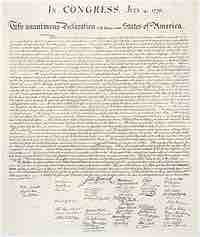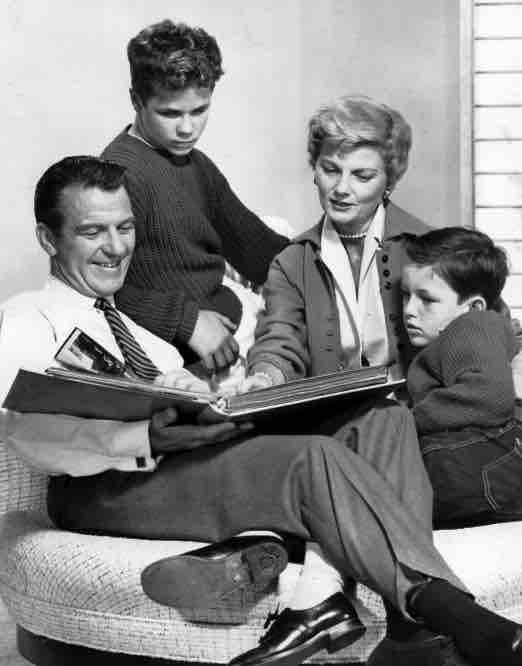Cultures have values that are largely shared by their members. The values of a society can often be identified by noting that which people receive, honor or respect.
Values are related to the norms of a culture, but they are more global and abstract than norms. Norms are rules for behavior in specific situations, while values identify what should be judged as either good or evil. Flying the national flag on a holiday is a norm, but it reflects the value of patriotism. Wearing dark clothing and appearing solemn are normative behaviors at a funeral; in certain cultures, they reflect the values of respect and support for friends and family.

The Statue of Liberty
The Statue of Liberty symbolizes freedom, a fundamental American value.
Different cultures reflect different values. American culture includes both conservative and liberal elements, such as scientific and religious competitiveness, political structures, risk taking and free expression, materialist and moral elements. Aside from certain consistent ideological principles (e.g. individualism, egalitarianism and faith in freedom and democracy), American culture's geographical scale and demographic diversity has spawned a variety of expressions. The flexibility of U.S. culture and its highly symbolic nature lead some researchers to categorize American culture as a mythic identity, while others recognize it as American exceptionalism.

Declaration of Independence
Many fundamental American values are derived from the Declaration of Independence.
Since the late 1970's, the terms "traditional values" and"family values" have become synonymous in the U.S., and imply a congruence with mainstream Christianity . However, the term "family values" is arguably a modern politicized subset of traditional values, which is a larger concept, anthropologically speaking. Although It is also not necessarily a political idea, it has become associated with both the particular correlation between Evangelicalism and politics (as embodied by American politicians such as Ronald Reagan, Dan Quayle and George W. Bush), as well as the broader Christianity movement (as exemplified by Pat Robertson).

Traditional values as "family values"?
"Family values" is arguably a modern politicized subset of traditional values.